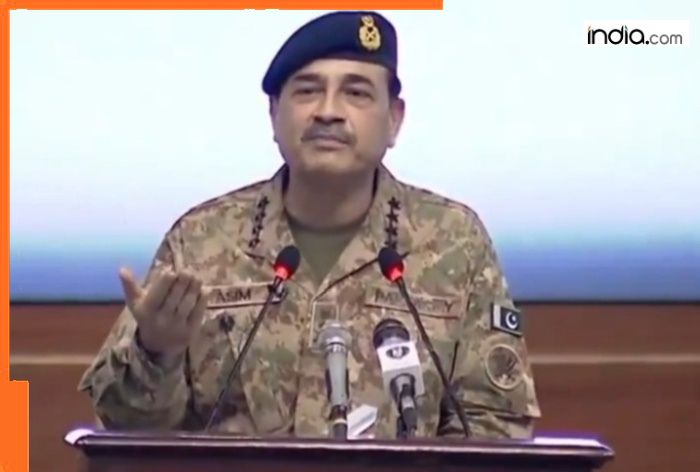‘Either water will flow or…’: Former Pakistan FM Bilawal Bhutto’s threat to PM Modi after India suspends Indus Waters Treaty with Islamabad
India's decision to suspend the decades-old treaty follows the killing of 26 people, mostly tourists, in a terror attack in Jammu and Kashmir's Pahalgam on Tuesday.

Intensifying the stress across the Indus Water treaty, old Pakistani international minister Bilawal Bhutto-Zardari, has threatened India of die sturdy consequences over the decision to suspend the water. India has suggested Pakistan of its decision to retain Indus Waters Treaty in abeyance with rapid construct, announcing Pakistan has breached circumstances of the treaty.
India’s decision to suspend the decades-venerable treaty follows the killing of 26 other folks, largely tourists, in a awe attack in Jammu and Kashmir’s Pahalgam on Tuesday.
Pakistan has rejected India’s suspension of the treaty and said any measures to live the waft of water “belonging to Pakistan” under the pact will be viewed as an “act of wrestle”.
Bhutto, talking in Sukkur alongside the Indus River, said, “India has accused Pakistan of the Pahalgam incident, with Modi making fallacious allegations to veil his like weaknesses and deceive his other folks. He has unilaterally made up our minds to suspend the Indus Waters Treaty, under which India had acknowledged that the Indus belongs to Pakistan. Standing here in Sukkur by the Indus, I desire to bid India that the Indus is ours and can live ours. Either water will waft on this Indus, or their blood will.”
What is Indus Water Treaty
The Indus Waters Treaty, brokered by the World Bank, has governed the distribution and utilize of the Indus river and its tributaries between India and Pakistan since 1960.
The Indus river scheme comprises the important river, the Indus, and its tributaries. The Ravi, Beas, Sutlej, Jhelum and Chenab are its left-bank tributaries, while the Kabul river, a upright-bank tributary, would now not waft by Indian territory.
The Ravi, Beas, and Sutlej are collectively in most cases known because the eastern rivers, while the Indus, Jhelum, and Chenab are known because the western rivers. The water of this river scheme are important to both India and Pakistan.
Beneath the treaty, India changed into granted exclusive rights to the water of the eastern rivers – the Sutlej, Beas, and Ravi – amounting to a mean annual waft of about 33 million acre-feet (MAF).
What's Your Reaction?




















































